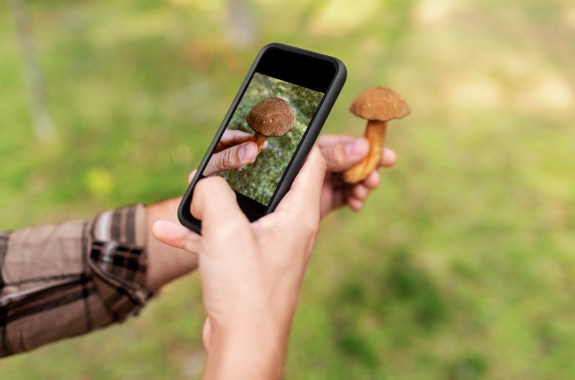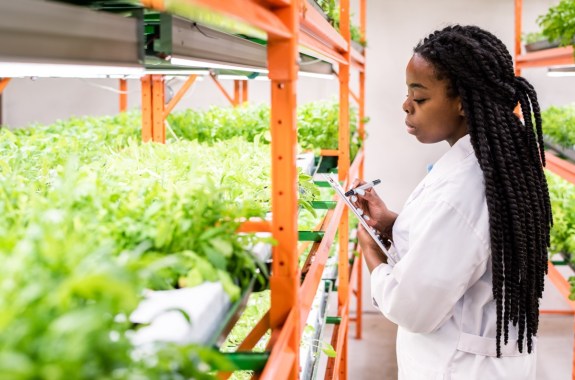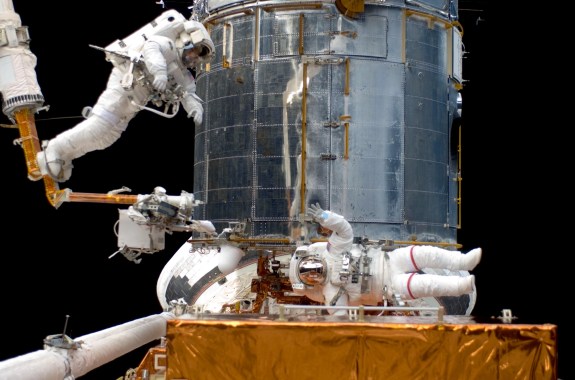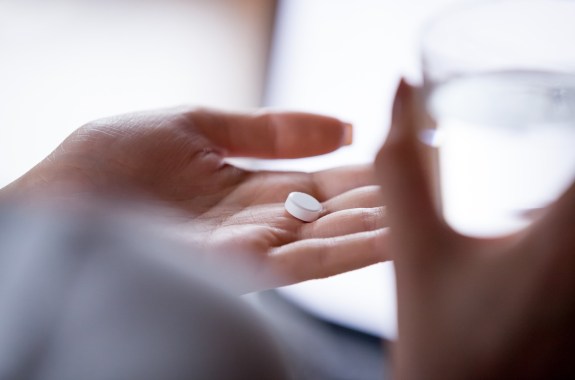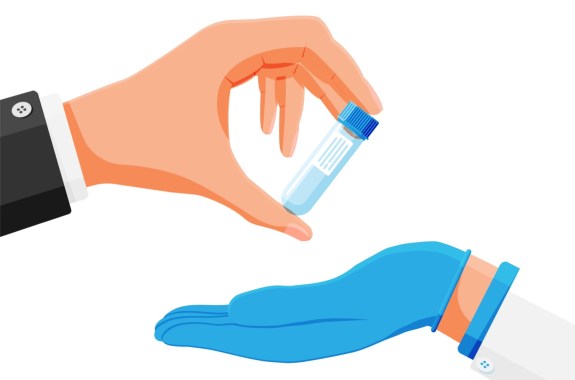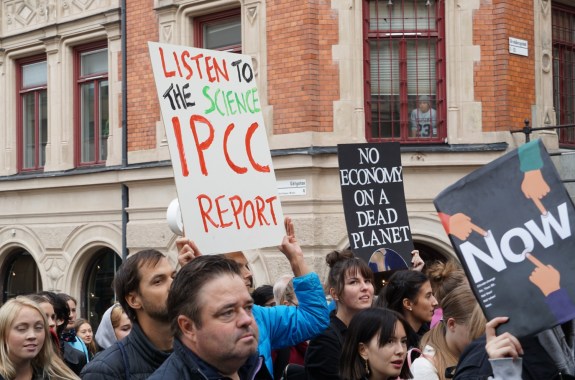Shoshannah Buxbaum is a producer for Science Friday. She’s particularly drawn to stories about health, psychology, and the environment.
Prior to joining Science Friday, she guest-hosted Utah Public Radio’s weekly science and research show, UnDisciplined. She started her career in television at New Jersey’s PBS Station, where she produced daily news segments and the station’s weekly public affairs shows. She holds a master’s degree from CUNY’s Newmark Graduate School of Journalism, with a health and science reporting concentration and audio specialization.
She’s a proud New Jersey native and will happily share her opinions on why the state is deserving of a little more love. When she’s not at work, you can find her hiking in the woods or experimenting with a new soup recipe.
16:42
How A Facebook Group Helps People Identify Mysterious Mushrooms
Over 200 international mycologists and botanists volunteer their time to help identify poisonous plants and mushrooms in a Facebook group.
12:48
So You Think You Know About Sex
A new book, “Been There, Done That: A Rousing History of Sex,” will make you question what you thought you knew about sex.
17:06
Period Tracking Apps And Digital Privacy In A Post-Roe World
Personal health data, like the kind shared on period tracking apps, may be used in court if abortion protections are overturned.
17:02
How Can We Inspire The Next Generation Of Female Scientists?
Co-author and conservation biologist Clare Fiesler on her new children’s book about female researchers and the obstacles they have overcome.
25:41
The End Of Astronauts: Why Robots Are The Future Of Exploration
Some argue that it’s safer, cheaper, and better for science if robots take the place of astronauts.
8:40
How Texas’ Abortion Restrictions Limit Access To Miscarriage Care
Recent Texas abortion restrictions also limit safe miscarriage treatment. What does Texas’ current reality mean for a future without Roe?
12:09
Abortion Pills Are Used For Most U.S. Abortions. What Are They?
In 2020, over half of American abortions were medication abortions. What will happen to access to these pills if Roe v. Wade is overturned?
26:46
Why Sharing Viruses Is Good… For Science
COVID-19 spurred global scientific collaboration, but sharing virus specimens remains complicated. Plus, the role of global politics in monitoring disease.
17:14
Can The Latest IPCC Report Pave The Way To Better Climate Policy?
We examine how effective the IPCC Report can be at generating climate policy. Plus, a look at promising climate solutions in development.
11:18
Can Carbon Removal Actually Make A Difference In Reducing Emissions?
A new carbon removal industry is booming, but how much should we rely on it—and invest in it—to reach our climate goals?
